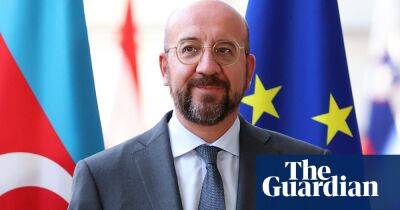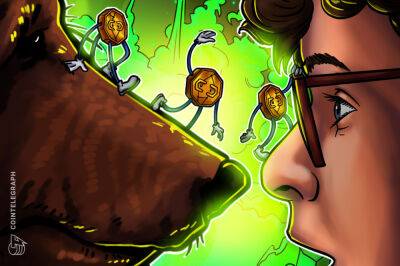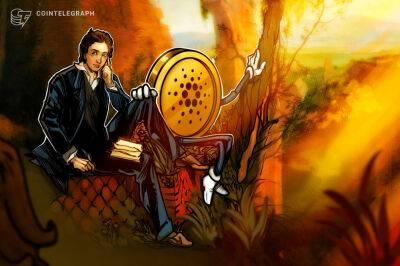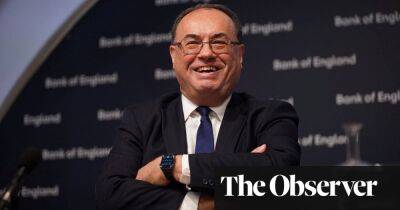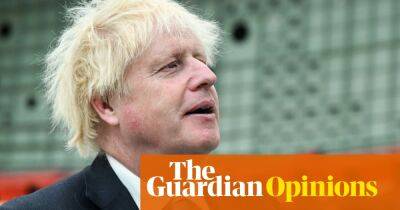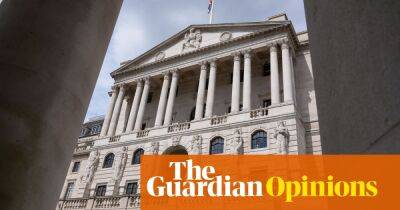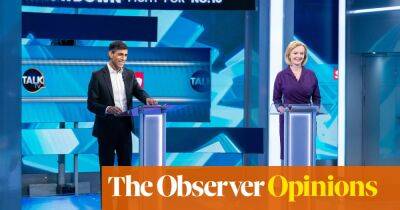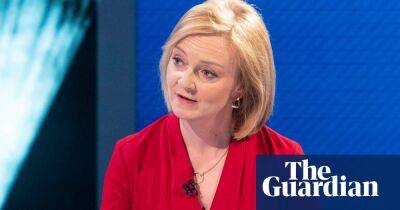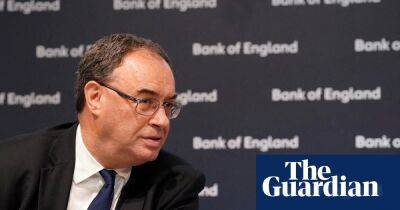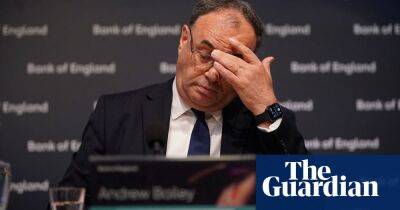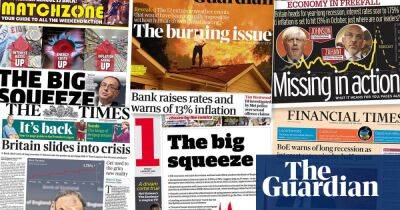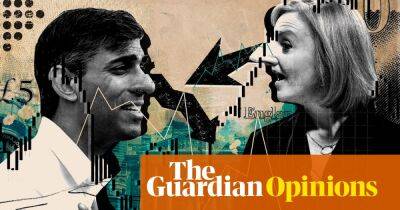The Guardian view on the economy: a mess the Bank is making worse
Here is a conundrum. At noon on Thursday, the Bank of England will most likely increase interest rates for the sixth time in a row. Analysts are generally expecting a rise of a half of a percentage point– the biggest single hike since before the Bank was made independent, when monetary policy was ultimately the responsibility of a chancellor called Ken Clarke.
Yet this week’s rate rise is not intended to cool an overheating economy – far from it. Both the IMF and the OECD forecast that the UK will endure the weakest growth of any rich country next year, while the well-respected National Institute of Economic and Social Research (Niesr) believes that the country will enter a recession this summer and stay there until well into next year. So why, then, is the Bank pushing up interest rates?
To listen to its governor, Andrew Bailey, this is about signalling his commitment to keeping inflation at 2% – as he is mandated to do by the government. “Let me be quite clear: there are no ifs or buts in our commitment to the 2% inflation target,” he said at the Mansion House dinner last month. Yet pushing up interest rates in the UK will achieve precisely zero in bringing down the price of wheat or oil on global markets. It is the shortage of commodities around the world that is raising prices. That is why the Niesr expects inflation to soar to “astronomical” levels next year.
If wages aren’t rising to keep pace, then what we currently label inflation is really a form of rationing – rationing by price, so that the wealthiest can afford to keep their houses warm this winter and their cars filled with petrol, while those with less money have to make some stark choices. Freezing or starving? New uniforms for the kids, or toys for
Read more on theguardian.com


![Evaluating how Curve Finance [CRV] performed in the last month](https://finance-news.co/storage/thumbs_400/img/2022/9/3/39457_myqjb.jpg)



